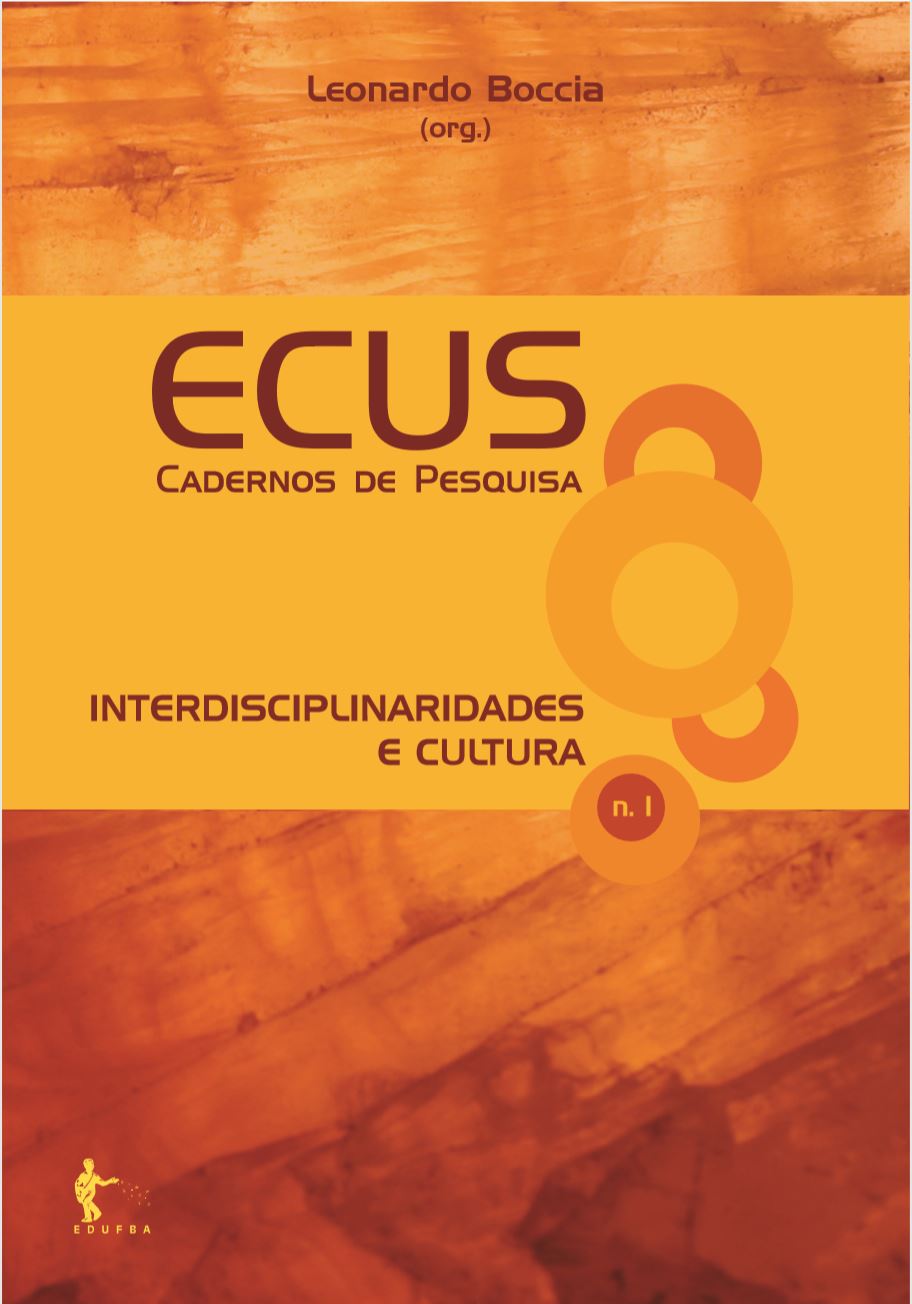O nacional e a cultura urbana no Teatro de Revista
Resumo
Desde o século XIX e até a segunda metade do XX, a intelectualidade ilustrada considerou o Teatro de Revista como uma decadência no desenvolvimento da dramaturgia brasileira. Os principais argumentos arrolados eram de que esse gênero teatral não possuía qualidades literárias e não discutia questões da “identidade nacional”. Contudo, ironicamente, os fins do século XIX constituíram um dos mais palpitantes períodos da história do teatro brasileiro devido principalmente ao sucesso obtido pelas Revistas. Espetáculo ligeiro, misto de prosa e verso, preocupada com a convenção dramática e não com o discurso narrativo, a Revista foi um veículo importante para caracterizar e criticar (de forma burlesca) os acontecimentos políticos e sociais do país, divulgando a paisagem nacional, a música popular brasileira, os tipos urbanos e rurais. Nesse sentido, contribuiu significativamente para a formação de uma cultura urbana, acompanhando o crescimento e a complexificação de problemas sociais, além de imprimir uma modalidade de gosto estético que, embora sofrendo grandes mudanças, sobreviveu até meados do século XX.
Palavras-chave: Teatro de Revista; Cultura nacional; Crítica intelectual; Teatro século XIX.
Abstract: From the 19th century up to the second half of the 20th century, Brazilian cultivated intellectuals considered the Revista Theatre as representative of decay in Brazilian dramaturgy. To support this view they argued that this genre held no literary qualities and failed to discuss issues concerning national identity. Ironically, however, the late 20th century was one of the most bustling periods in the history of Brazilian theatre mostly due to the success reached by the Revista. A light drama combining prose and poetry, more concerned with dramatic conventions than with narrative discourse, the Revista was an important vehicle for the description and (burlesque) critique of the country’s political and social events, and for the dissemination of information on the national landscape, popular music, rural and urban types. In this sense it made a significant contribution for the formation of an urban culture, sensitive to the increase in the number and complexity, and for the consolidation of a certain modality of aesthetic taste which despite changes survived until the first half of the 20th century.
Key-words: Revista theatre; National culture; Intellectual critique; 19th century theatre.

